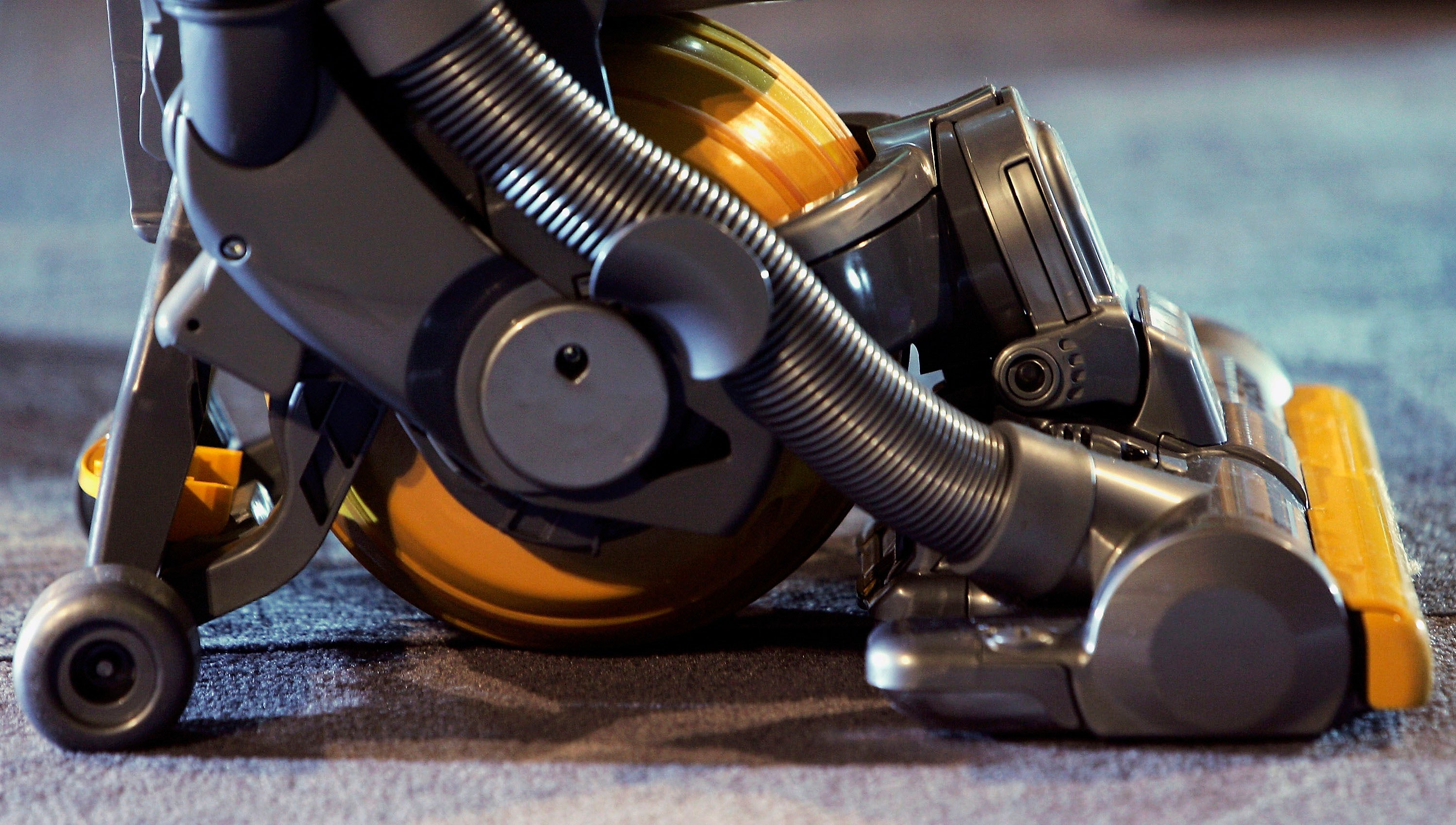Which countries have been cleaning most since the pandemic began?
Many of those asked said they are cleaning their home more than they did a year ago

Your support helps us to tell the story
From reproductive rights to climate change to Big Tech, The Independent is on the ground when the story is developing. Whether it's investigating the financials of Elon Musk's pro-Trump PAC or producing our latest documentary, 'The A Word', which shines a light on the American women fighting for reproductive rights, we know how important it is to parse out the facts from the messaging.
At such a critical moment in US history, we need reporters on the ground. Your donation allows us to keep sending journalists to speak to both sides of the story.
The Independent is trusted by Americans across the entire political spectrum. And unlike many other quality news outlets, we choose not to lock Americans out of our reporting and analysis with paywalls. We believe quality journalism should be available to everyone, paid for by those who can afford it.
Your support makes all the difference.Spain has topped the list of nations increasing their house cleaning after the pandemic.
A survey of 10,754 people across 10 countries revealed 59 per cent have upped their cleaning habits over the past 12 months.
More than half of UK respondents said they were cleaning more, lagging behind Spain, China, USA and Italy in the top five.
But less than one third of respondents in Japan or Germany have increased their house cleaning habits.
The poll, revealed by Dyson as part of its first annual global dust study, found a quarter are “extremely worried” about the dust in their home.
But despite having fears about dust - few are aware of the potential impacts it can have on your wellbeing.
Household dust is a complex matrix of particles which can include dead skin cells, hair, dust mites, dust mite faeces, bacteria, viruses, mould, small insects and other fibres.
A few of those polled were surprised to discover viruses can be present in household dust and fewer than five per cent knew dust mites and their faeces are constituents of dust at all.
Many of these particles are only visible under a microscope, so it’s unsurprising most people lack clarity on the dust in their indoor environments.
It also emerged that overall, many of those surveyed are cleaning their home more than they did in March 2020, with the majority of UK respondents cleaning more.
When it comes to vacuuming, the average respondent takes just over 24 minutes to cover their house.
In Spain, the typical adult spends 30 minutes 30 seconds, with Brits taking 30 minutes 20 seconds.
Dyson’s global dust poll investigated people’s cleaning habits and behaviours - while delving deeper into the understanding of household dust and the impact it can have on wellbeing.
Dennis Mathews, research scientist in microbiology at Dyson, said: “It’s safe to say that very few of us think about what’s in the dust in our homes.
“Beyond the visible components of dust, our general understanding of its invisible make-up is relatively limited.”
The survey also found most think having less dust in the home positively affects their wellbeing.
And one third of respondents stated the main reason they clean up dust is to ensure the people in their homes feel well.
Dennis Mathews added: “What this global study does show is that more education is needed around what makes up the dust in our homes.
“As we’re spending more time indoors, it is important for people to realise that dust can impact our wellbeing – and that even more of us should be cleaning on a daily basis.”
Increased cleaning by nation
Spain - 67 per cent
China - 64 per cent
USA – 64 per cent
Italy – 60 per cent
United Kingdom – 54 per cent
South Korea - 54 per cent
Australia - 42 per cent
France - 41 per cent
Japan - 31 per cent
Germany - 31 per cent
SWNS



Join our commenting forum
Join thought-provoking conversations, follow other Independent readers and see their replies
Comments